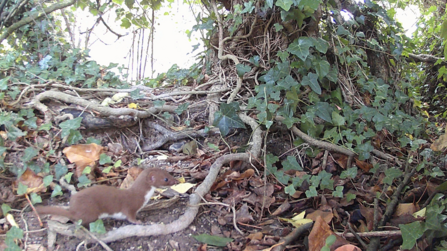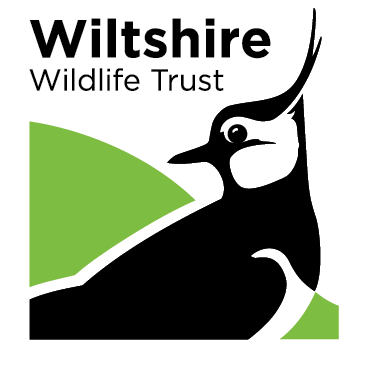The crown jewel of all my camera trap data is this weasel. As the world’s smallest member of the terrestrial carnivores, this vole specialist is capable chasing after small mammals through narrow burrows and crevices, but they sometimes take on rabbits and birds. Weasels are fairly common across the UK and occur in almost any habitat where there are small mammals, but it’s rare to see multiple individuals in one area as they are highly territorial and each individual can occupy a home range of 25ha. The presence of weasels may also indicate that there are voles in the area: more likely to be field voles (Microtus agrestis) than bank voles (Myodes glareolus), based on their habitat preferences.
Mammals of Coombe Bissett Down: Weasel

Oliver Davies
Weasels are much smaller than stoats (Mustela erminea) and lack the characteristic black tip of the tail. They are also very difficult to find and are usually only seen bounding across footpaths.
Habitat restoration projects, such as the reversion of farmland to species-rich chalk grassland, provide a vital lifeline to our native animals and plants. The Coombe Bissett Down Project is a striking example, and the reserve has become a hotspot for insects, flowers, reptiles, birds, and – hopefully, I have demonstrated – mammals. The continued restoration of habitats to their former natural states is critical for these complex, interconnected tiers of wildlife to survive, and the next step is to join up all the protected areas to produce larger, more stable ecosystems that support a wider variety of species. With a whole set of conservation challenges on the way – not least, Anthropogenic climate change – we must do what we can to protect wildlife, and that begins with simply appreciating the things that share the countryside with us.

